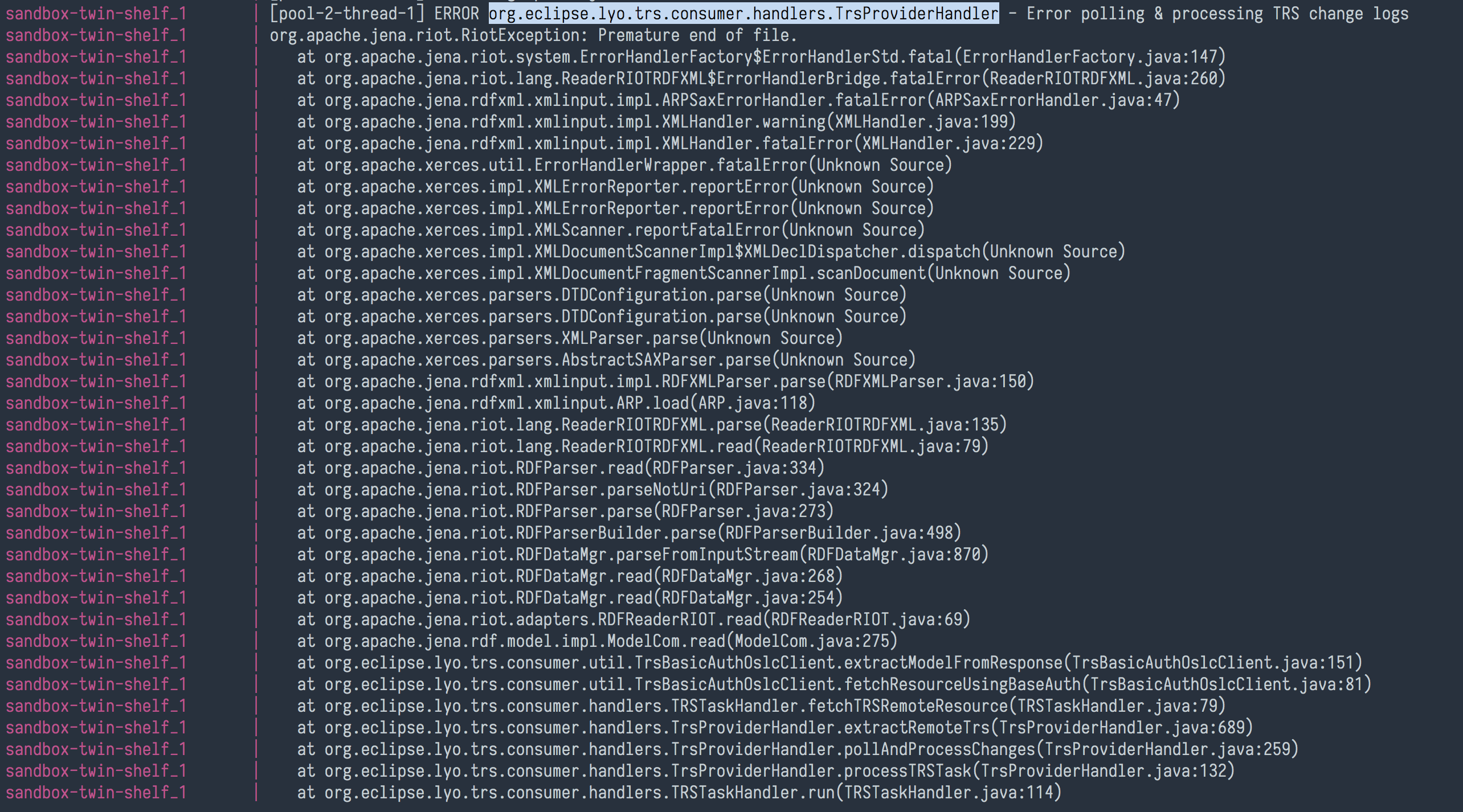The Eclipse Lyo project is focused on providing an SDK to enable adoption of OSLC specifications. OSLC (Open Services for Lifecycle Collaboration) is an open community dedicated to reducing barriers for lifecycle tool integration. The community authors specifications for exposing lifecycle artifacts through uniform (REST) interfaces and relying on Internet and Linked Data standards.
OSLC's scope started with Application Lifecycle Management (ALM) and is expanding to include integrations across Product Lifecycle Management (PLM) and IT Service Management (ISM/DevOps), Lyo is designed to be a companion to the continuing specification efforts of the OSLC community. Its main purpose is to expand adoption of OSLC specifications and to enable the Eclipse community to easily build OSLC compliant tools.
You can find more resources for developing OSLC applications with Lyo, under the OSLC Developer Guide.You are welcome to post questions on the OSLC forum.
The OLSLC OP Reference implementation repository contains sample code that demonstrates how to build OSLC servers for various domains.
See OSLC Developer Guide.
To use OSLC Client, follow the setup and development instructions under the OSLC Developer Guide for Client setup.
See under domains/README.
See under store/README.
To use this library, follow the setup and development instructions under the OSLC Developer Guide for TRS server setup. The instructions assume you have followed the overall instructions to setup an OSLC4J server/client, as defined on that page.
You can find more resources for developing OSLC applications with Lyo in general under the OSLC Developer Guide, and in particular for TRS development.
See trs/server/README for dev notes.
See under trs/client/README.
See under validation/README.
| Repo | Status | PRs | Milestone | Bugs |
|---|---|---|---|---|
| lyo.designer |  |
 |
 |
|
| lyo.oslc-ui | N/A |  |
 |
 |
Caution
Lyo versions 4.1.0 and below are potentially vulnerable to CVE-2021-41042 when processing untrusted RDF/XML inputs.
| Repo | Status | Lyo version | PRs | Bugs |
|---|---|---|---|---|
| lyo.core | N/A |  |
 |
 |
| lyo.client | N/A |  |
 |
 |
| lyo.server | N/A |  |
 |
 |
| lyo.domains | N/A |  |
 |
 |
| lyo.store | N/A |  |
 |
 |
| lyo.trs-server | N/A |  |
 |
 |
| lyo.trs-client | N/A |  |
 |
 |
| lyo.validation | N/A |  |
 |
 |
| lyo.ldp | N/A |  |
 |
 |
| lyo.rio |  |
 |
 |
|
| lyo.docs | N/A |  |
N/A |  |
Repositories that are maintained under OSLC organisation include:
- OSLC4JS SDK
- OSLC4NET SDK
- Lyo sample projects
- lyo-adaptor-sample-modelling
- lyo-adaptor-bugzilla
- iotp-adaptor
Other repositories that are no longer actively maintained but are kept to preserve the history:
See CONTRIBUTING.MD
Thanks to YourKit for providing us an open source license of YourKit Java Profiler!
YourKit supports open source projects with innovative and intelligent tools for monitoring and profiling Java and .NET applications. YourKit is the creator of YourKit Java Profiler, YourKit .NET Profiler, and YourKit YouMonitor.
































































